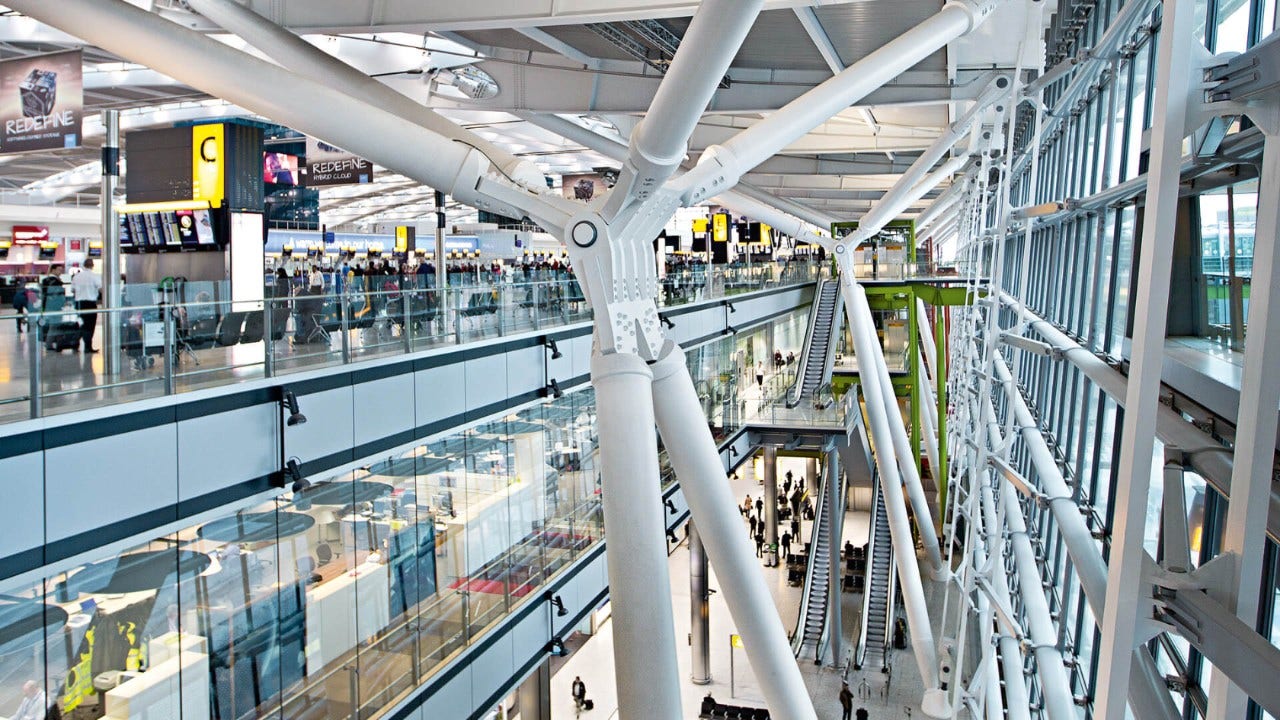Air filters for airport in Europe
MANN+HUMMEL had previously worked with the on-site FM contractor to optimize the air filter system at another location. They asked us to help again.

After achieving energy reductions through air filter optimisation in projects at other locations, the on-site FM contractor asked MANN+HUMMEL to conduct a study to determine what filter arrangement would combine the optimum level of air quality with the lowest operating costs at this leading international airport.
Security is a major consideration when operating in airports. Minimizing the volume of products that go through the security screening process is crucial to reduce costs and the risk of delays.
The terminal building’s new air handling units were originally commissioned with conventional glass fibre panel prefilters followed by M6 bag filters. With our patented eco16 filter management system, we ascertained that M6 filtration would be inadequate to provide the degree of protection that is recommended by the World Health Organisation. This level of filtration was also insufficient to keep HVAC equipment and ducting clean through extended periods.
F7 filters remove approximately three times as much PM10 dust contaminant than the equivalent M6 product. With local dust concentrations of 40 μg/m3, the effect of this change of filter efficiency has been to reduce PM10 to 6 μg/m3 from the 22 μg/m3 that was bypassing the M6 filters.
The selection of low-energy Revo II filters also allowed us to convert a traditional two stage filter system to a single stage system by removing the independent pre-filters.

Results
As a result of these changes, the average pressure drop for the filters over their projected service life decreased from 350 Pa to 250 Pa. With almost 1,000 filters on site, the impact on energy demand was huge — the projected energy cost of £335,000 was reduced to just over £200,000. This meant the overall life cycle cost for a 12 month period was cut from £400,000 to £235,000.
Removing the prefilter stage meant that around 2,500 fewer filters were installed and removed to waste each year – a significant saving in on-site logistics and labour.